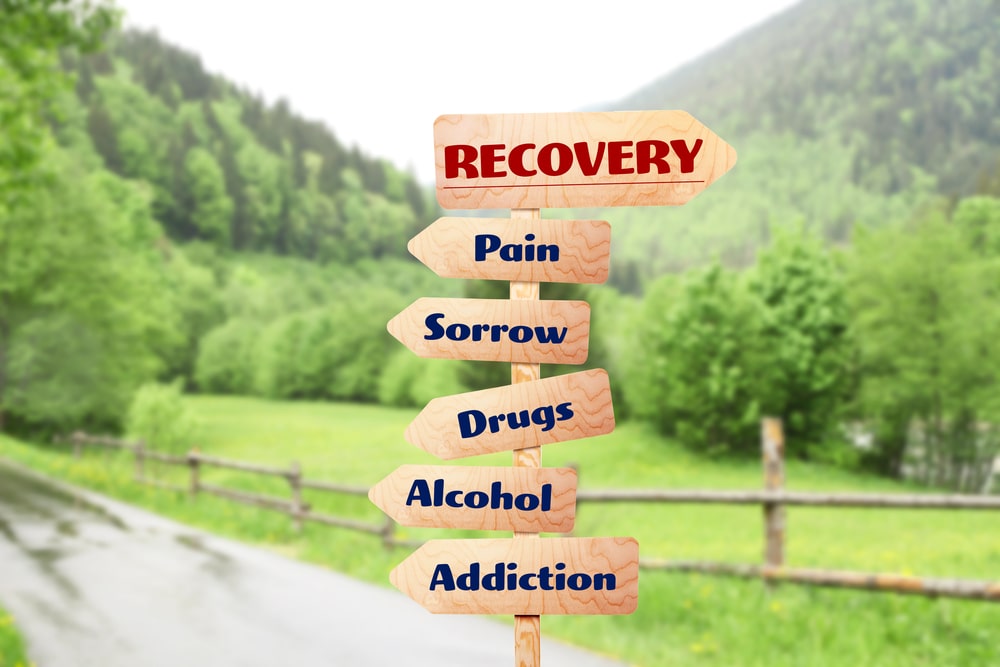 Supporting a friend or family member in addiction recovery can be challenging, but it’s crucial to their success. Addiction recovery requires a significant lifestyle change and a supportive environment to maintain sobriety. Here are some ways to support a friend or family member in addiction recovery.
Supporting a friend or family member in addiction recovery can be challenging, but it’s crucial to their success. Addiction recovery requires a significant lifestyle change and a supportive environment to maintain sobriety. Here are some ways to support a friend or family member in addiction recovery.
Educate yourself about addiction
Educating yourself about addiction can help you understand the challenges your loved one is facing. Learn about the signs and symptoms of addiction, the recovery process, and the resources available to support their recovery.
Practice empathy and understanding
Recovering from addiction is a challenging and often emotional journey. Practice empathy and understanding by listening without judgment and offering emotional support. Let them know you are there for them and believe in their ability to recover.
Set healthy boundaries
It’s essential to set healthy boundaries to support your loved one’s recovery. Avoid enabling their addiction by refusing to provide them with money, shelter, or transportation if it’s related to substance use. Instead, offer support that reinforces their commitment to recovery, such as attending support groups or going to therapy together.
Encourage and participate in healthy activities
Encourage your loved one to engage in healthy activities that promote sobriety and a healthy lifestyle. This may include exercise, meditation, art, or music therapy. Consider participating in these activities with them to provide additional support and build stronger relationships.
Attend support groups and therapy
Support groups and therapy are essential components of addiction recovery. Attend support groups and therapy sessions with your loved one to show your support and provide emotional support. Additionally, attending therapy yourself can help you develop coping strategies and manage the stress and emotions that come with supporting a loved one in addiction recovery.
In conclusion, supporting a friend or family member in addiction recovery requires a supportive and understanding environment. Educating yourself about addiction, practicing empathy and understanding, setting healthy boundaries, encouraging healthy activities, and attending support groups and therapy are all essential components of supporting a loved one in addiction recovery. By providing the necessary support and encouragement, you can help your loved one maintain sobriety and improve their overall quality of life.

